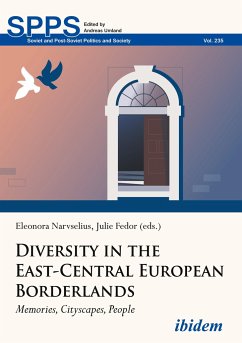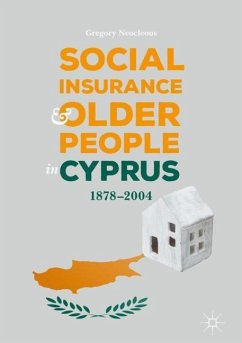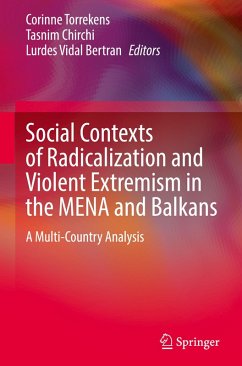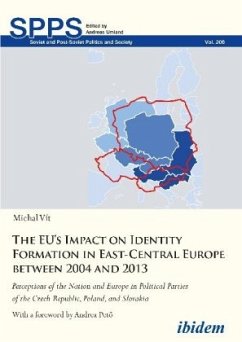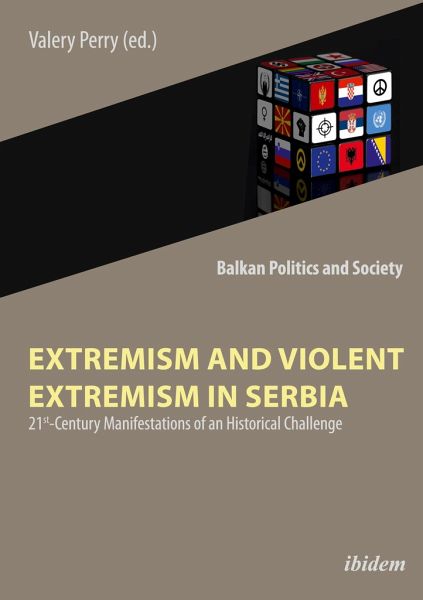
Extremism and Violent Extremism in Serbia
Versandkostenfrei!
Versandfertig in 6-10 Tagen
34,90 €
inkl. MwSt.

PAYBACK Punkte
0 °P sammeln!
The topics of extremism, violent extremism, and radicalization leading to terrorism have constituted an increasingly prominent area of policy interest and donor support in recent years, globally and in the western Balkans. Counterterrorism initiatives, as well as efforts to prevent and counter violent extremism (P/CVE), often reveal the need for broader reform, peacebuilding, and democratization strategies. While foreign donors and domestic authorities tend to focus on ISIS-inspired violent jihadism, in many countries in the region, and particularly in the case of Serbia, there are other forms...
The topics of extremism, violent extremism, and radicalization leading to terrorism have constituted an increasingly prominent area of policy interest and donor support in recent years, globally and in the western Balkans. Counterterrorism initiatives, as well as efforts to prevent and counter violent extremism (P/CVE), often reveal the need for broader reform, peacebuilding, and democratization strategies. While foreign donors and domestic authorities tend to focus on ISIS-inspired violent jihadism, in many countries in the region, and particularly in the case of Serbia, there are other forms of extremism-namely far-right nationalism, violent hooliganism, and neo-Nazi movements-that are often considered to be more of an imminent threat, particularly as they are often viewed as examples of "normalized" political expression. The dynamics of reciprocal radicalization, in which competing extremisms feed off of, reinforce, and even need one another, can create seemingly intractable conflict spirals of escalation and violence. This volume explores these dynamics in Serbia through original research, taking fresh perspectives that demonstrate that Serbia is vulnerable to many types of extremism, which can best be prevented by achieving the liberal, democratic, rights-based reforms that have remained elusive for more than two decades. This broad and holistic approach is important for Serbia and its neighbors as the security lens through which most research has been focused to date has done little to explain the deep and structural dynamics of radicalization and extremism in the region.



